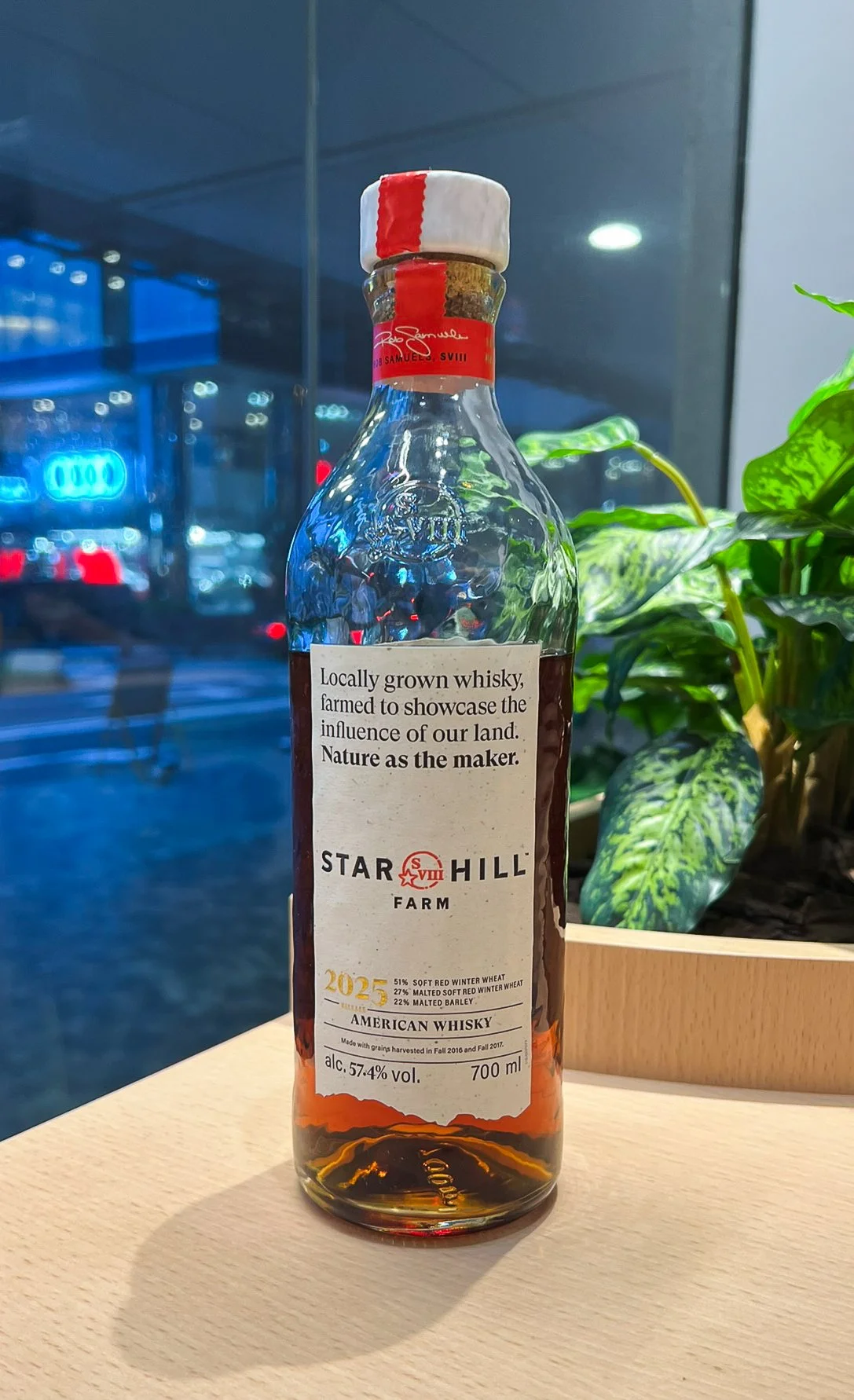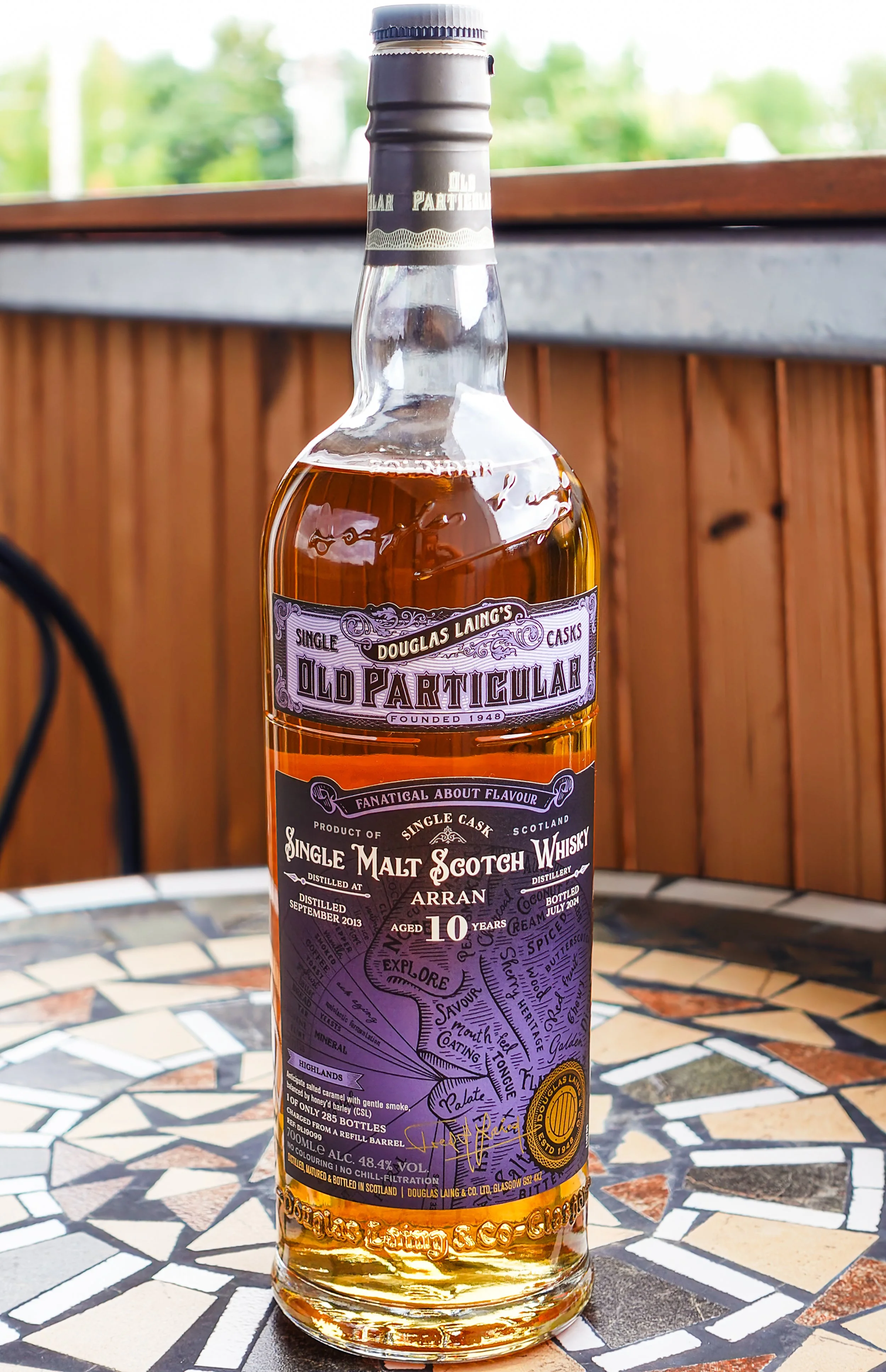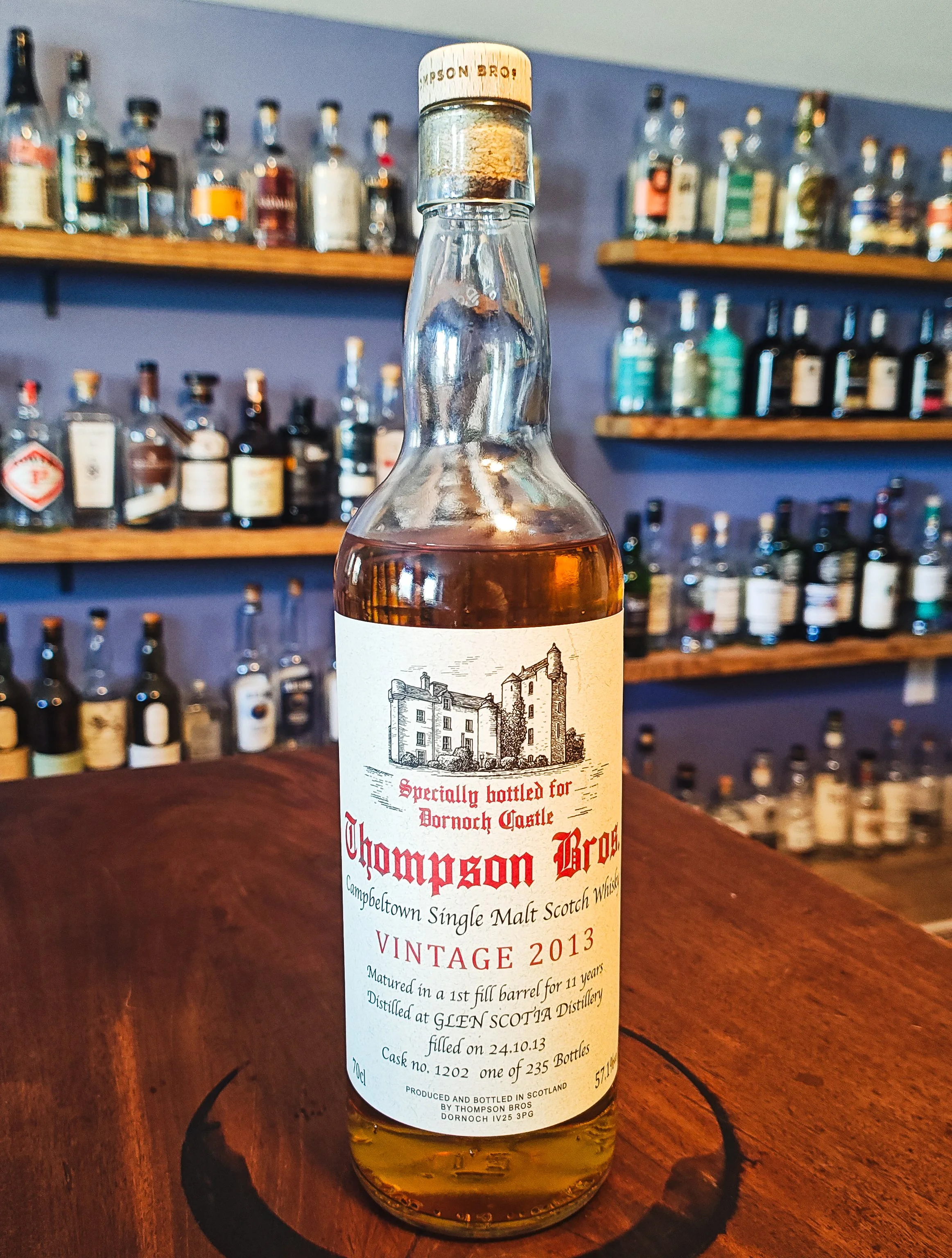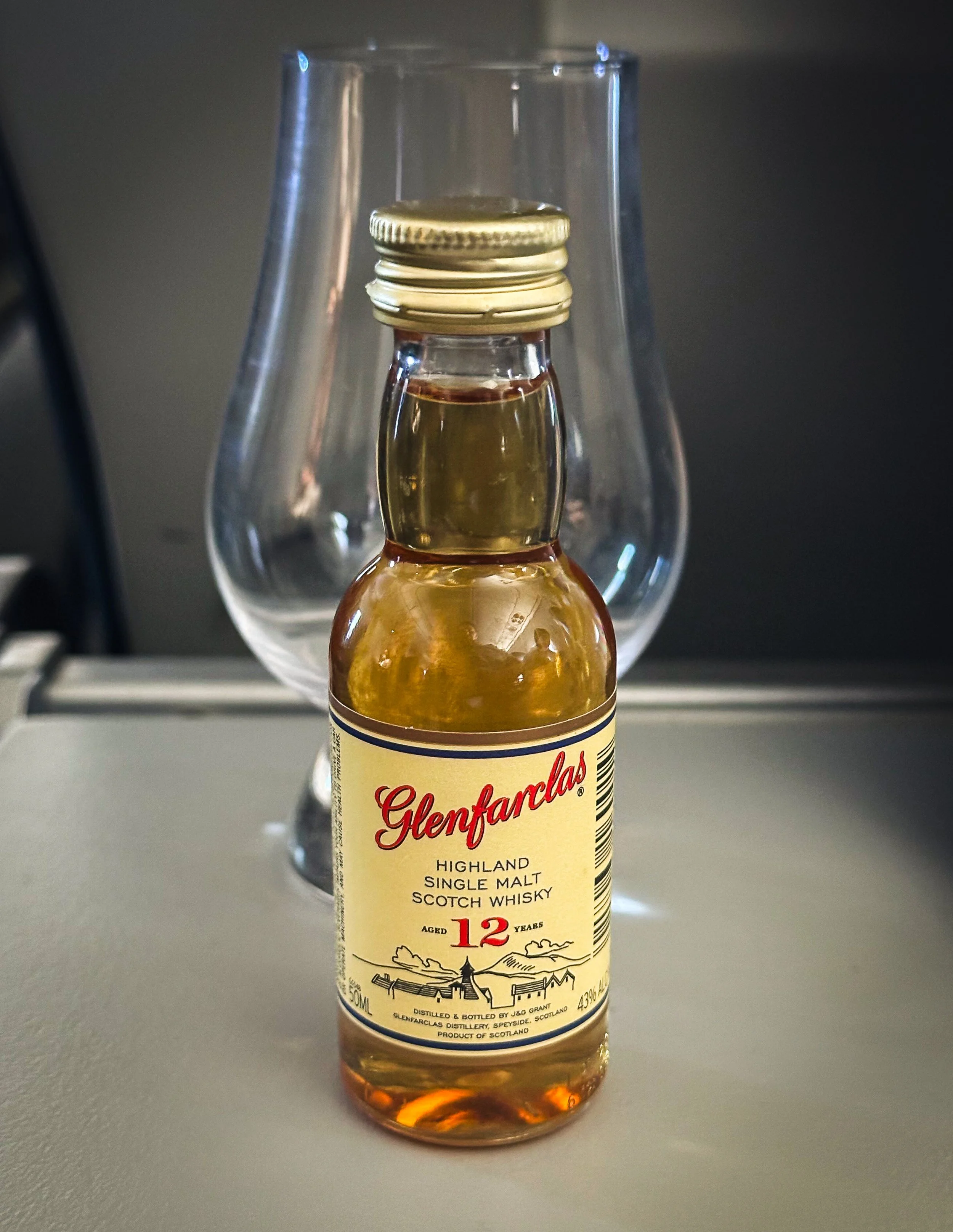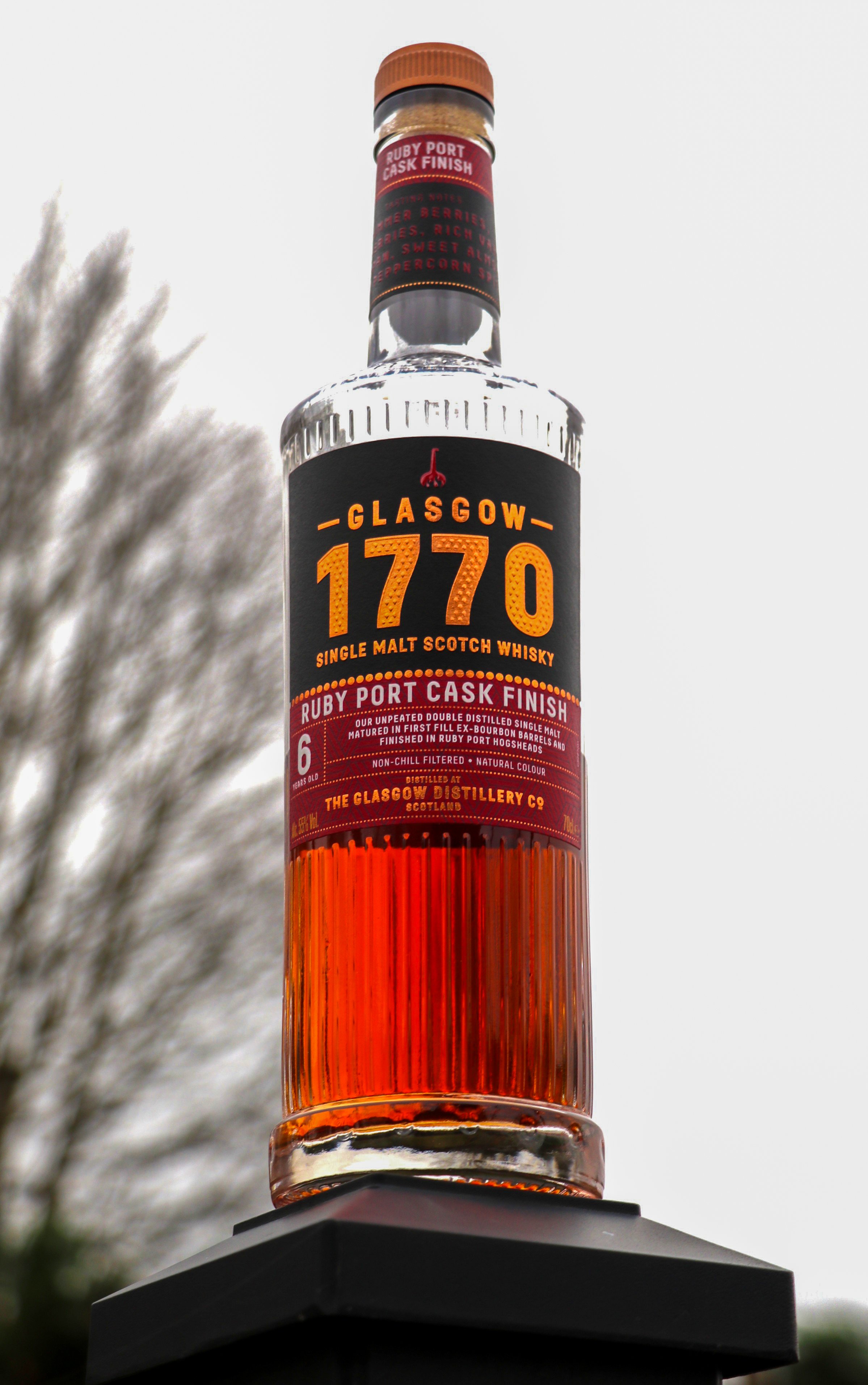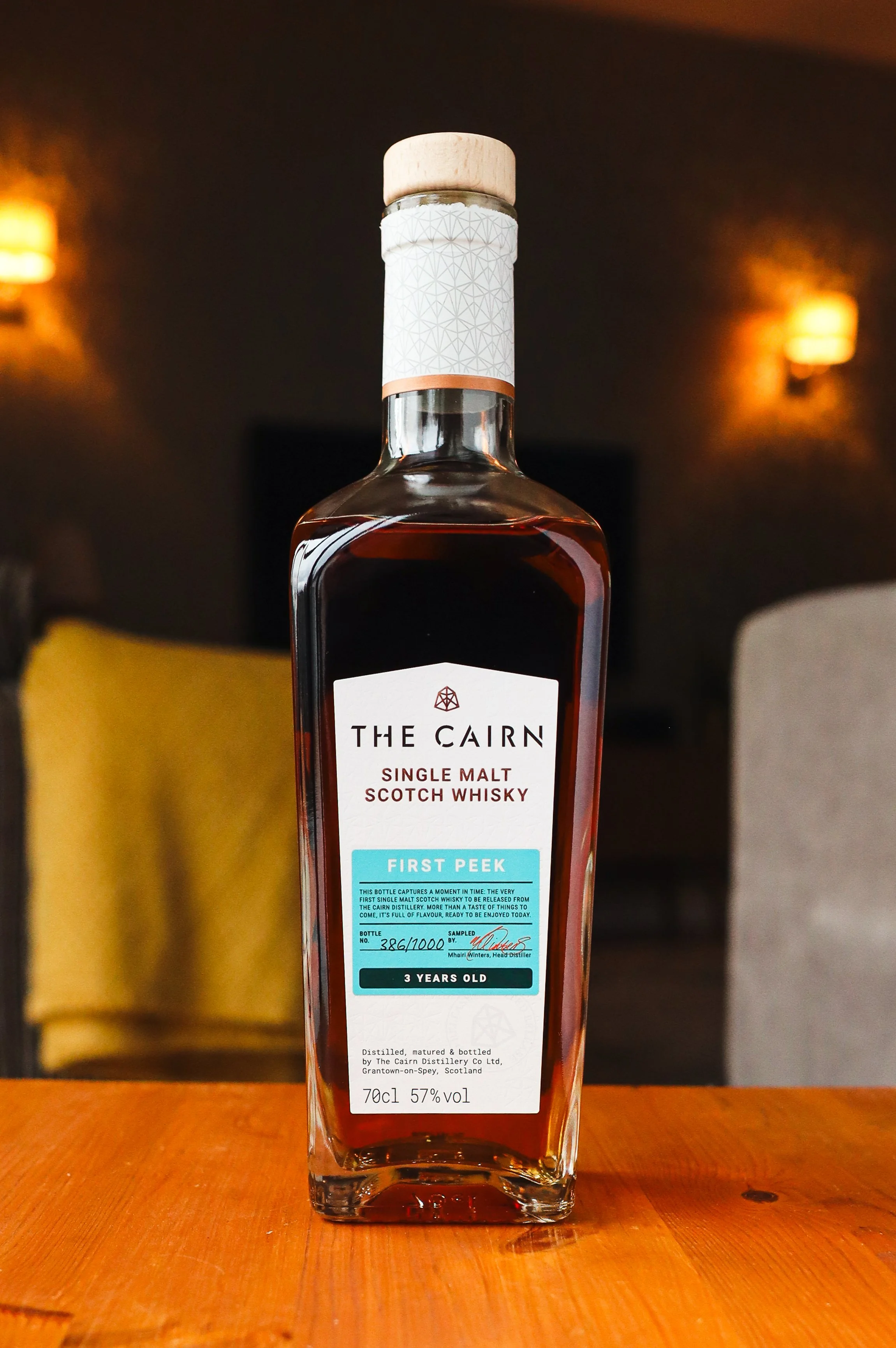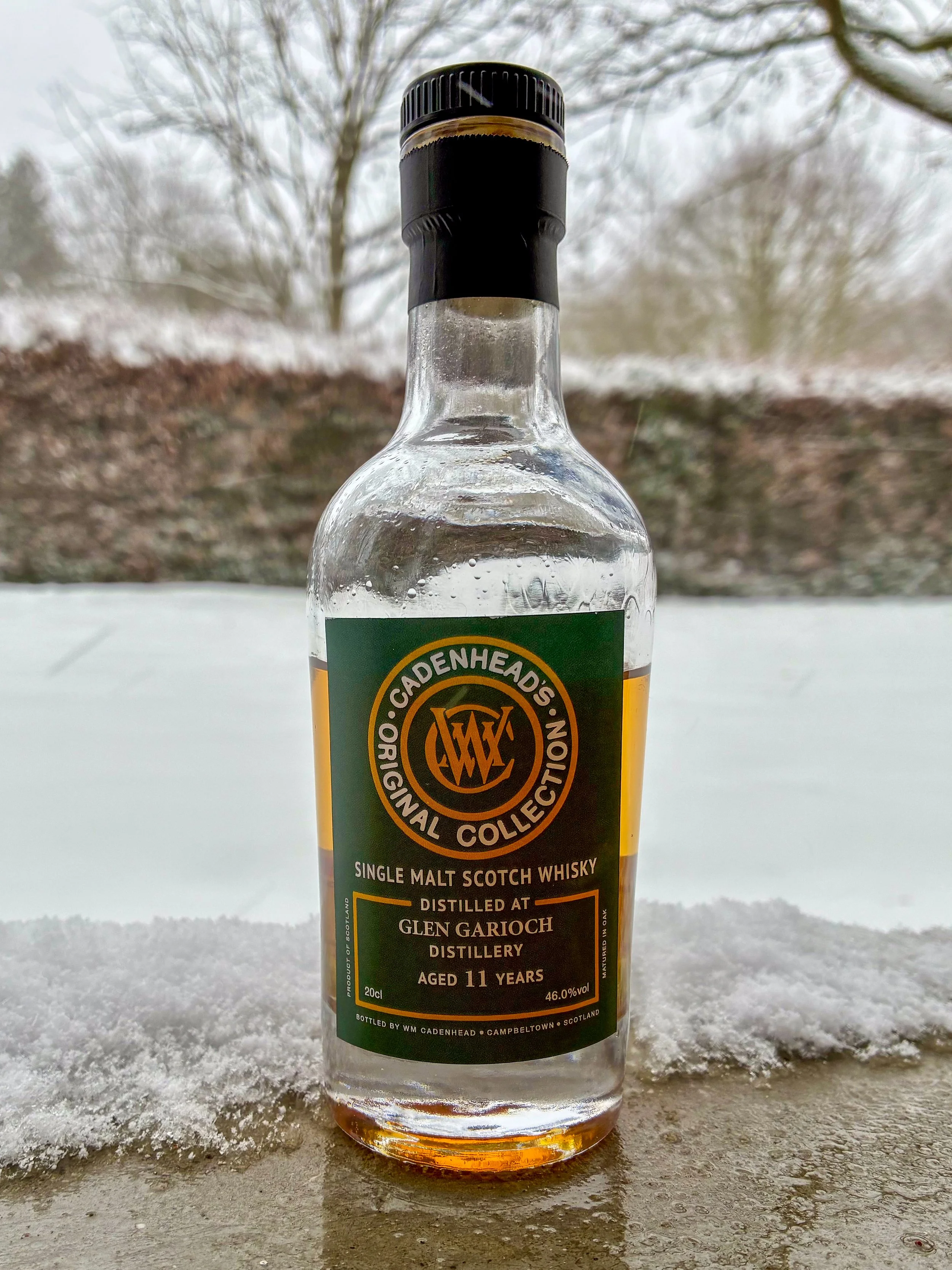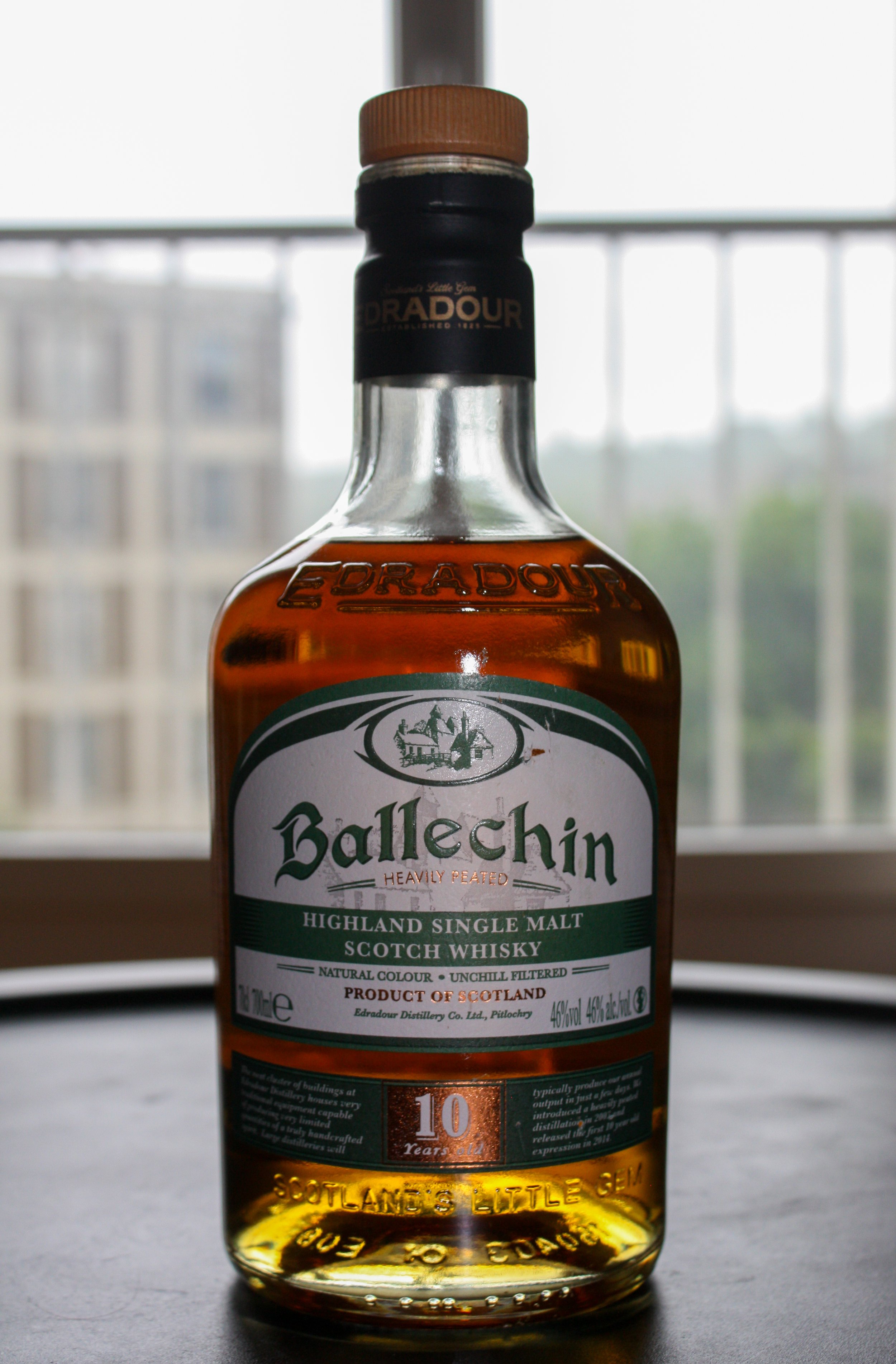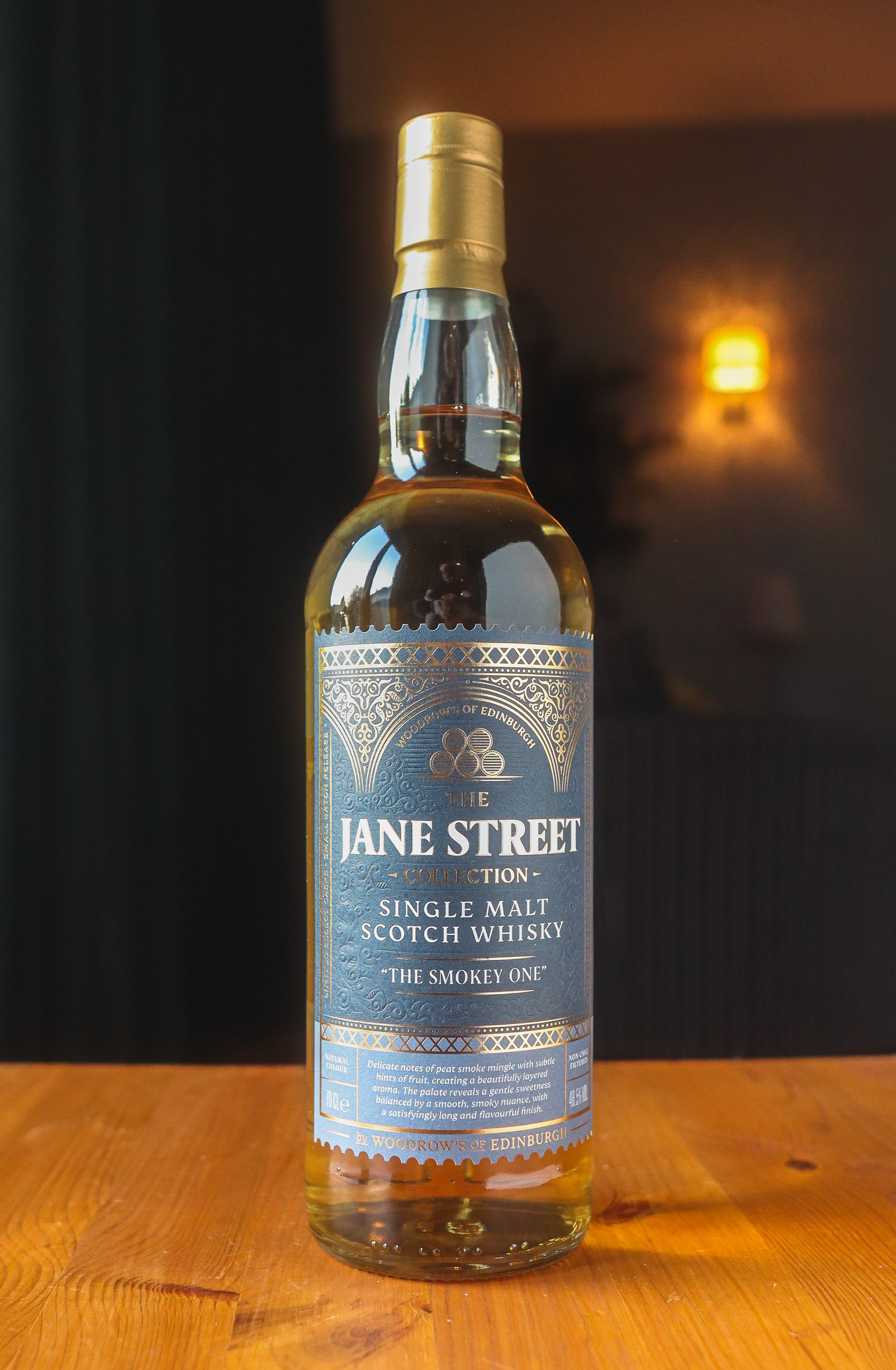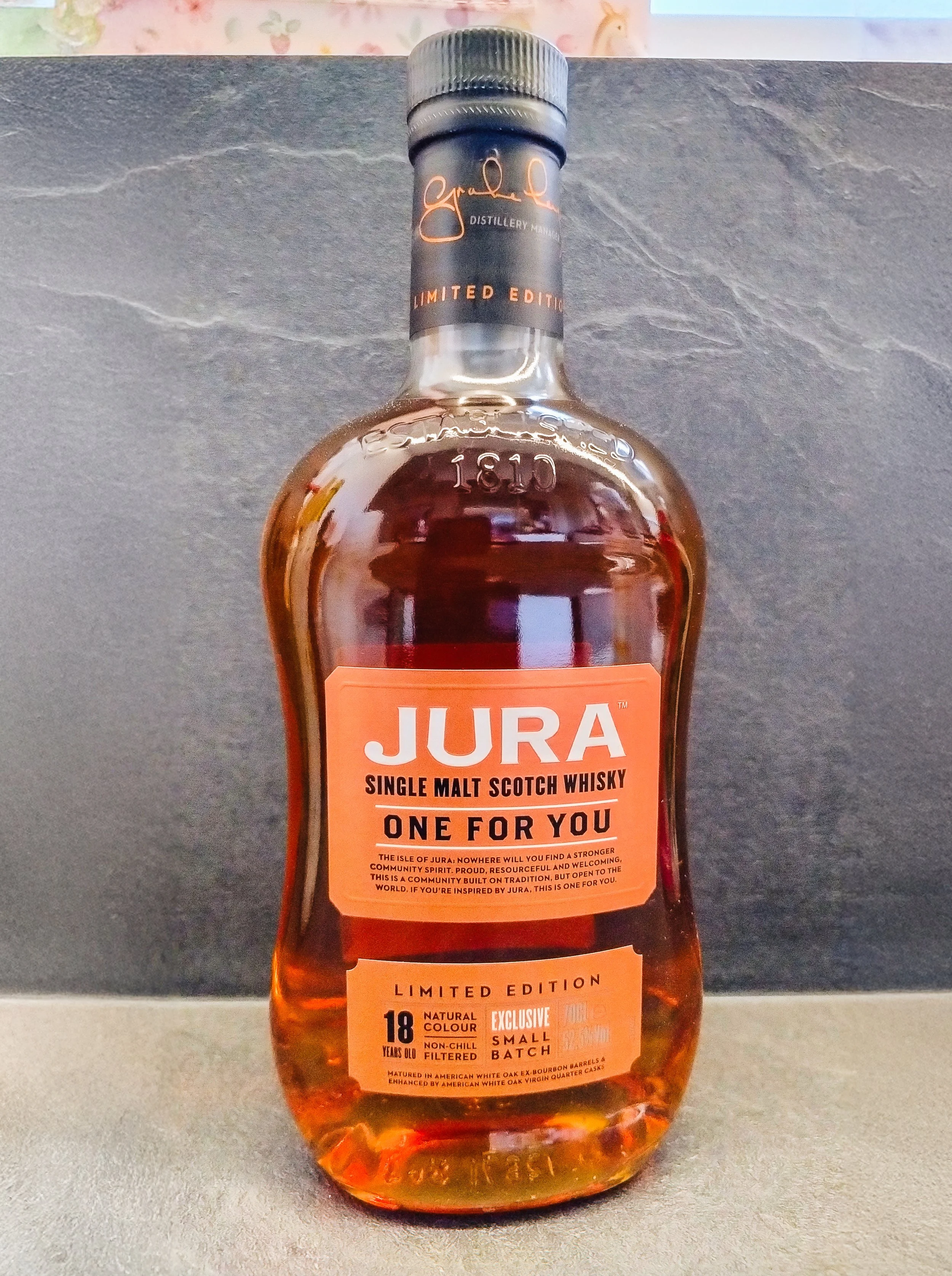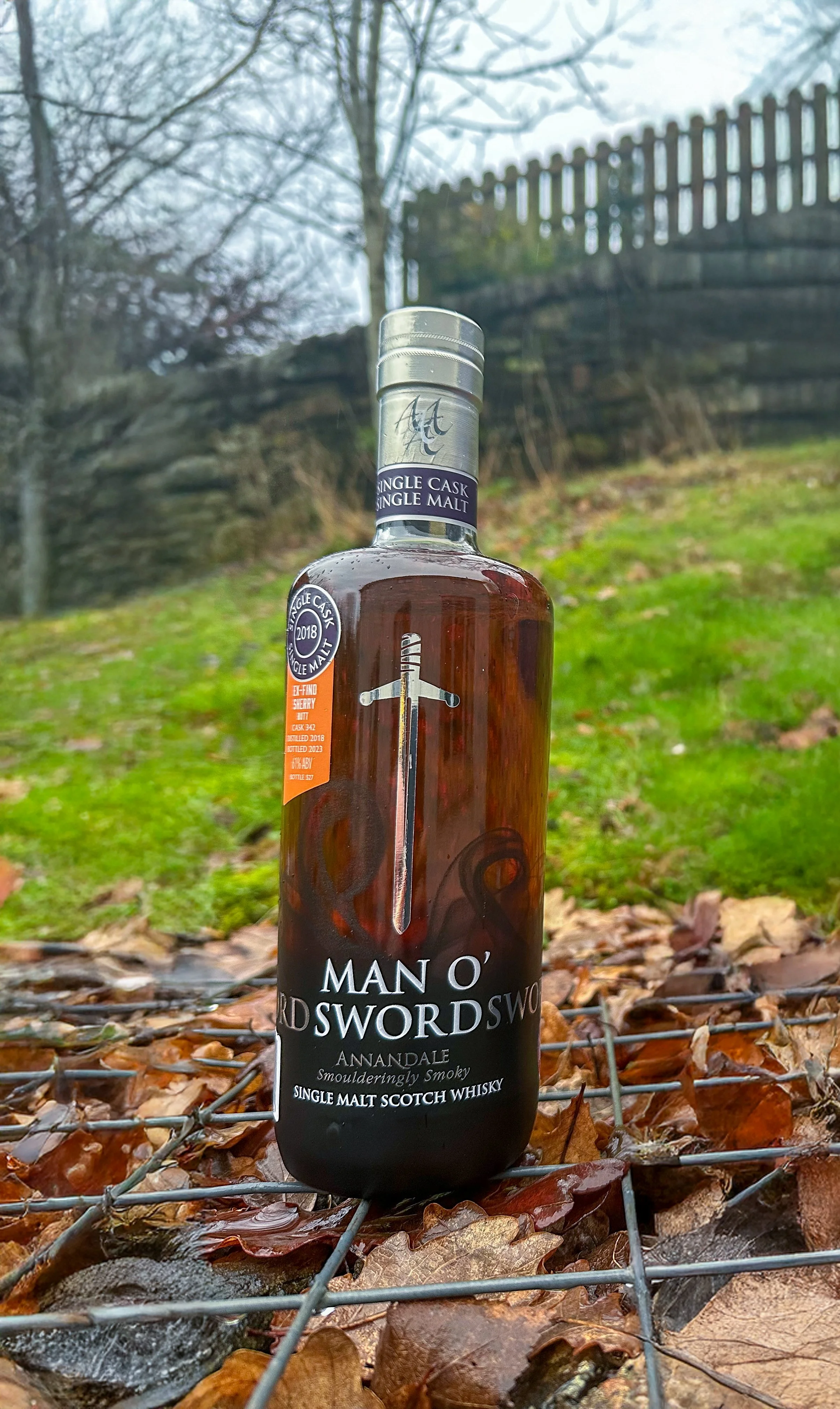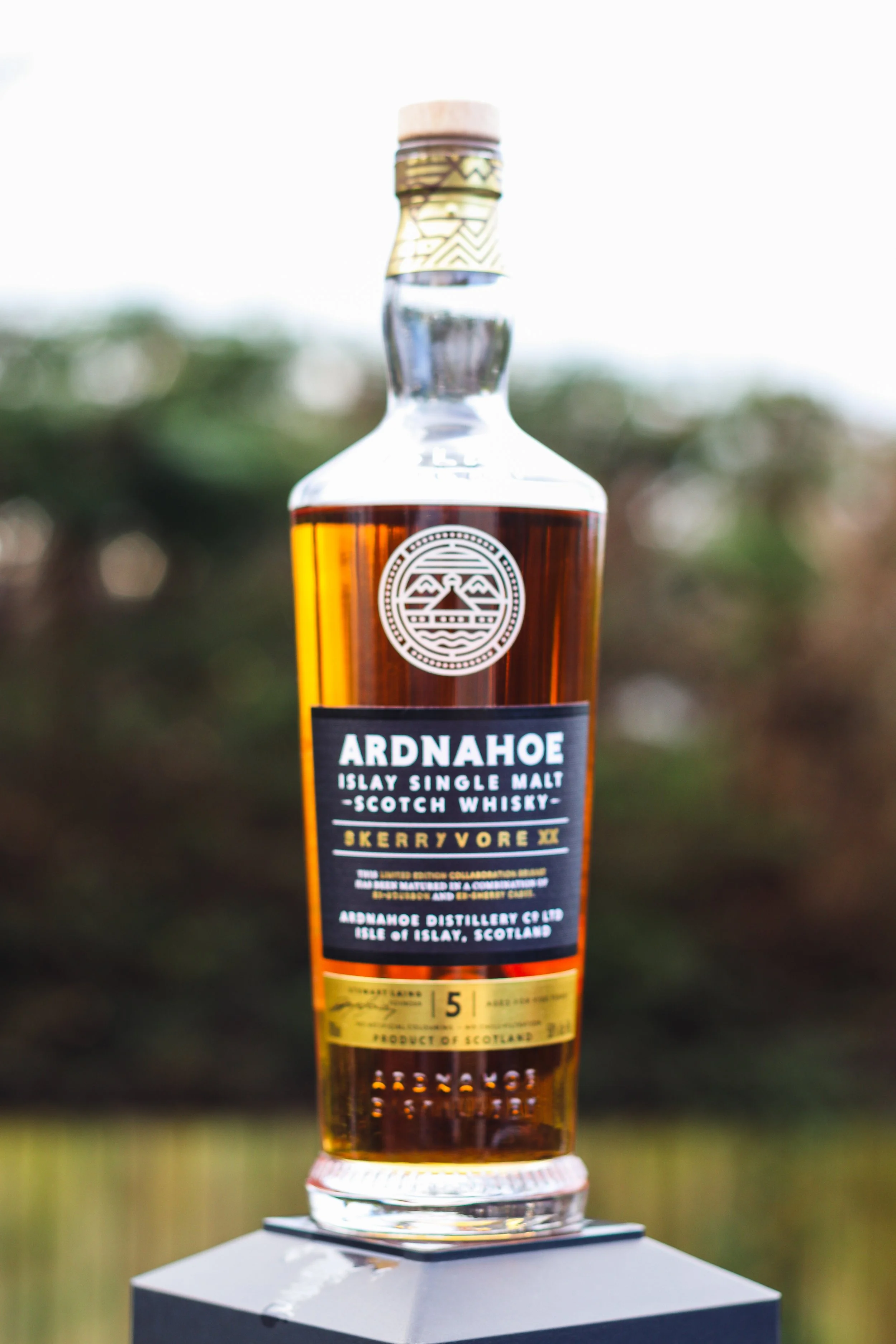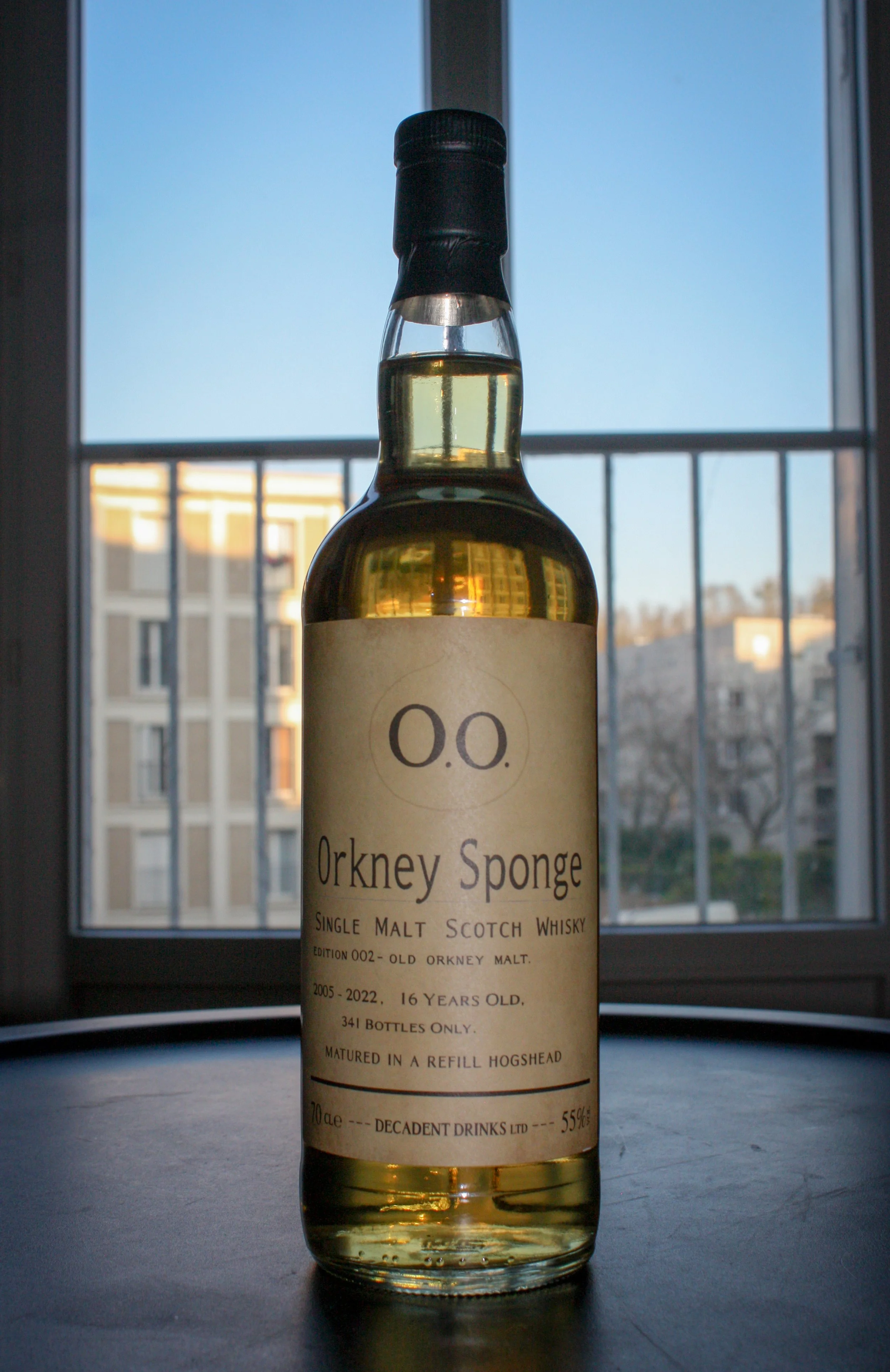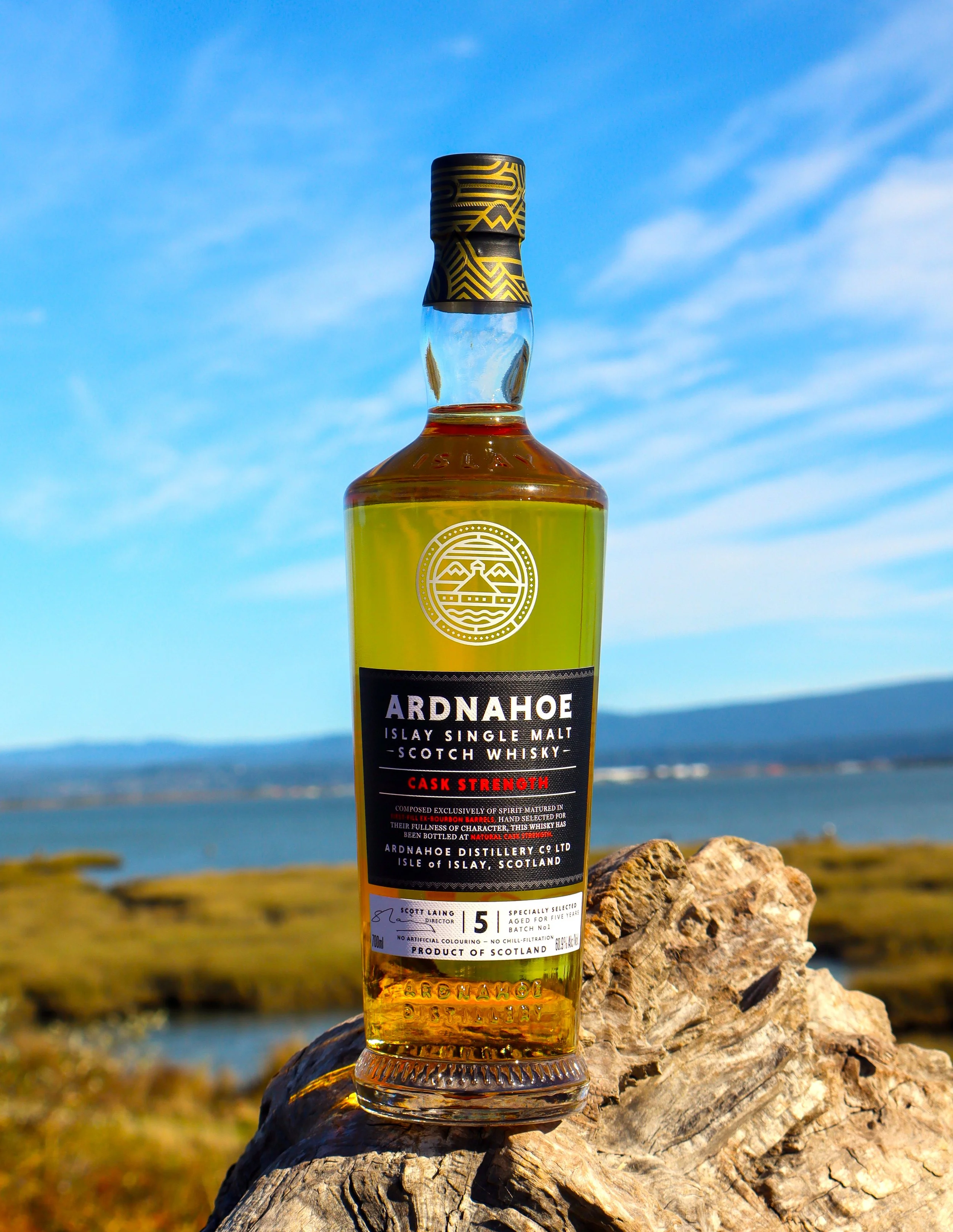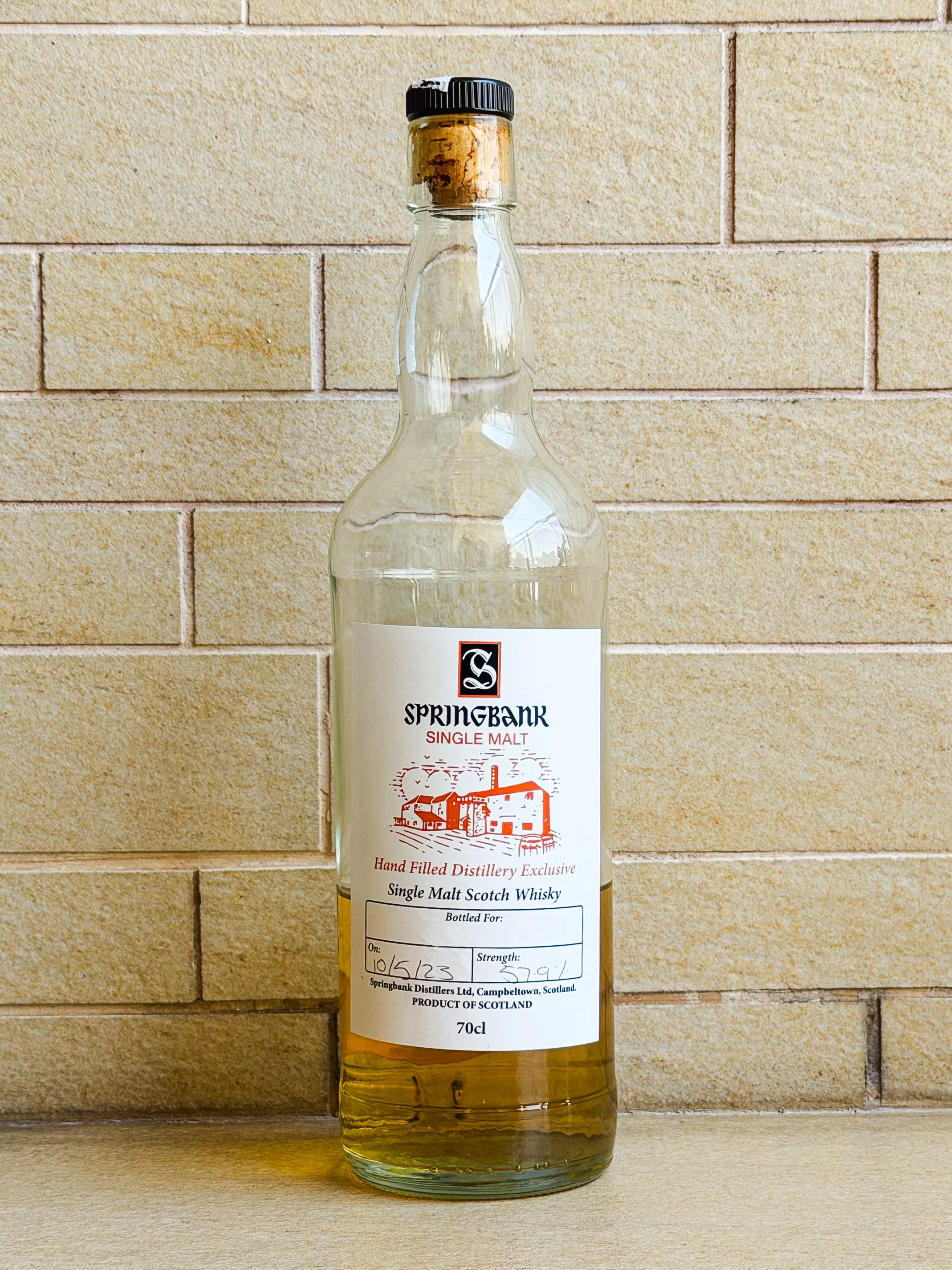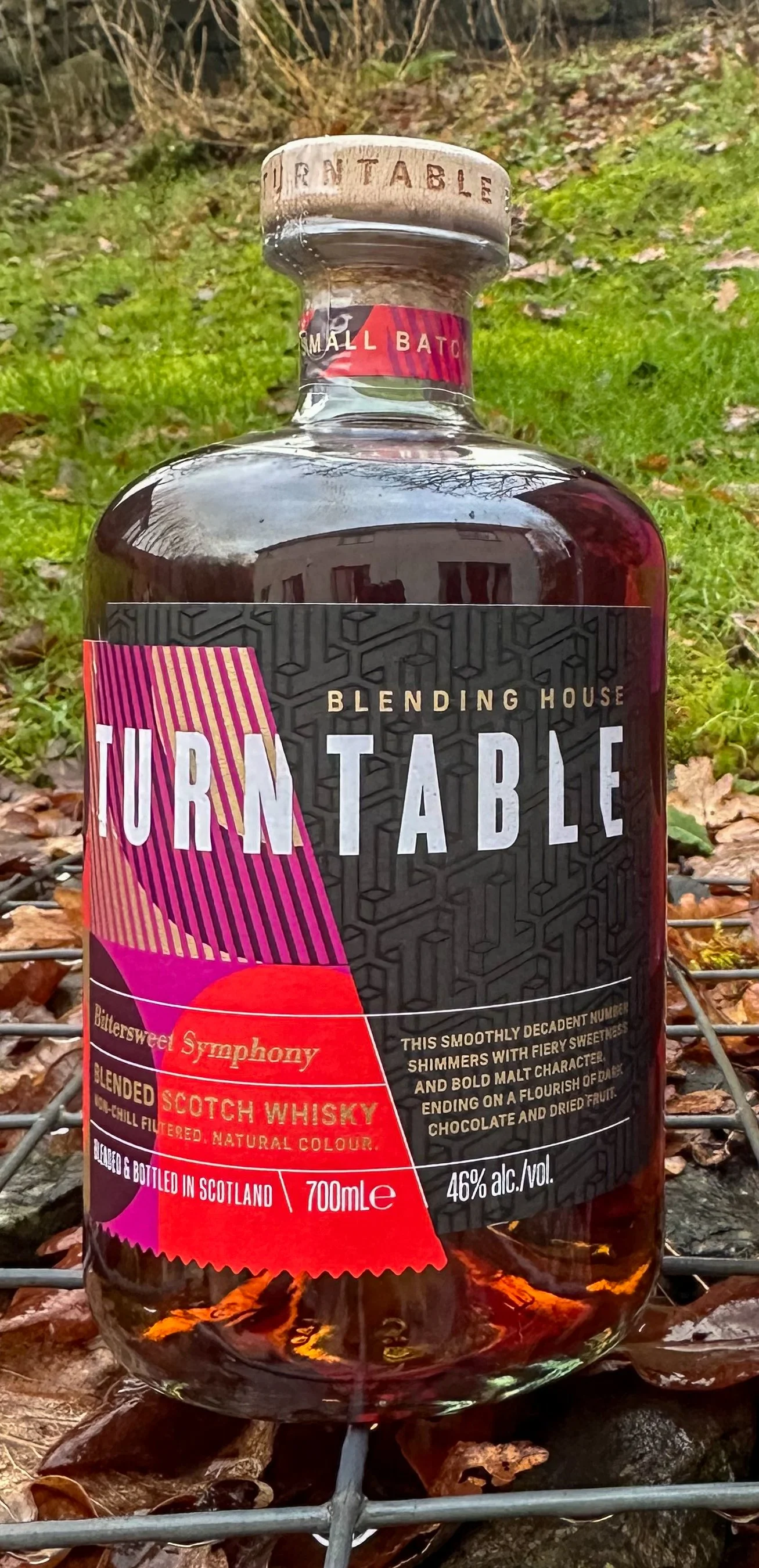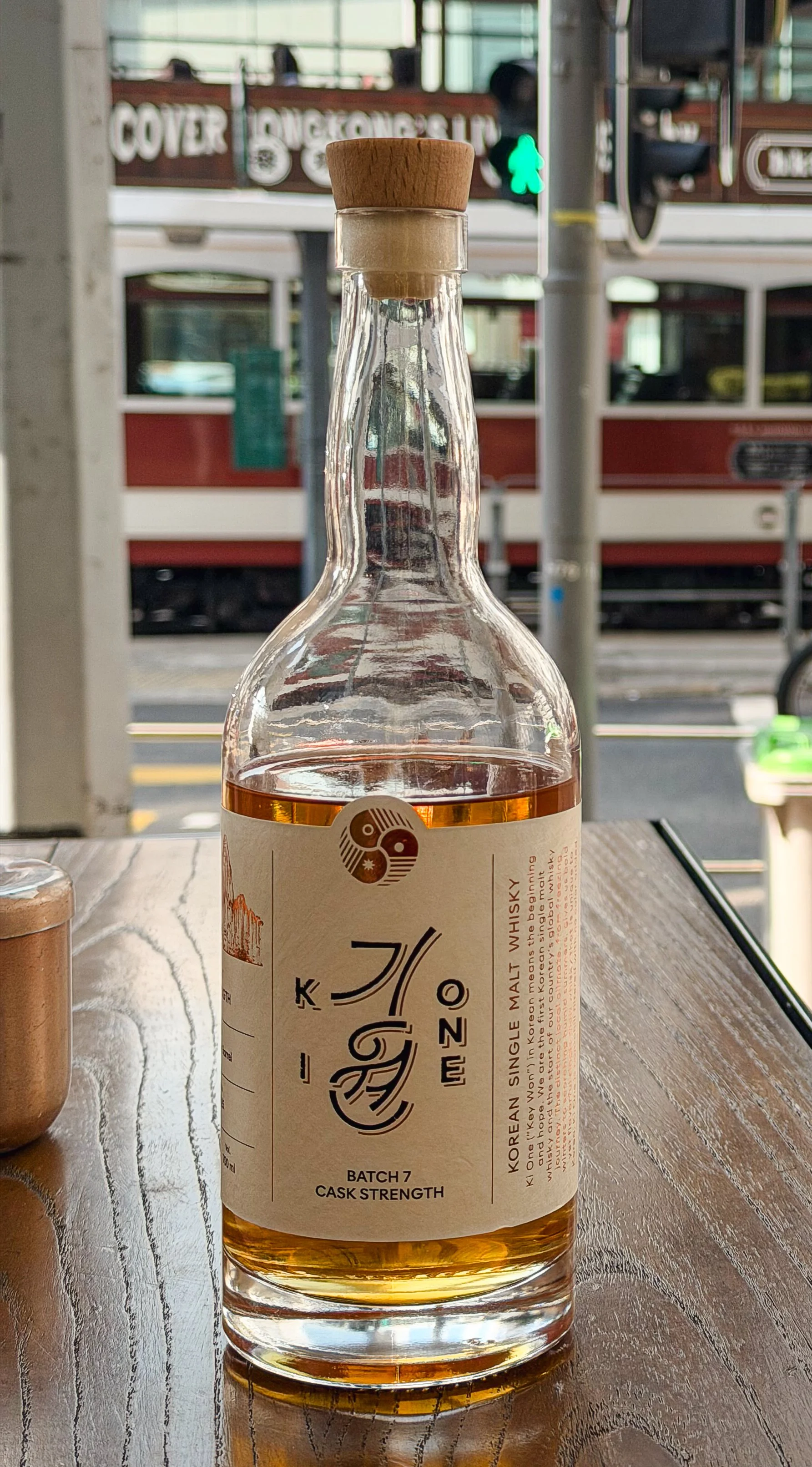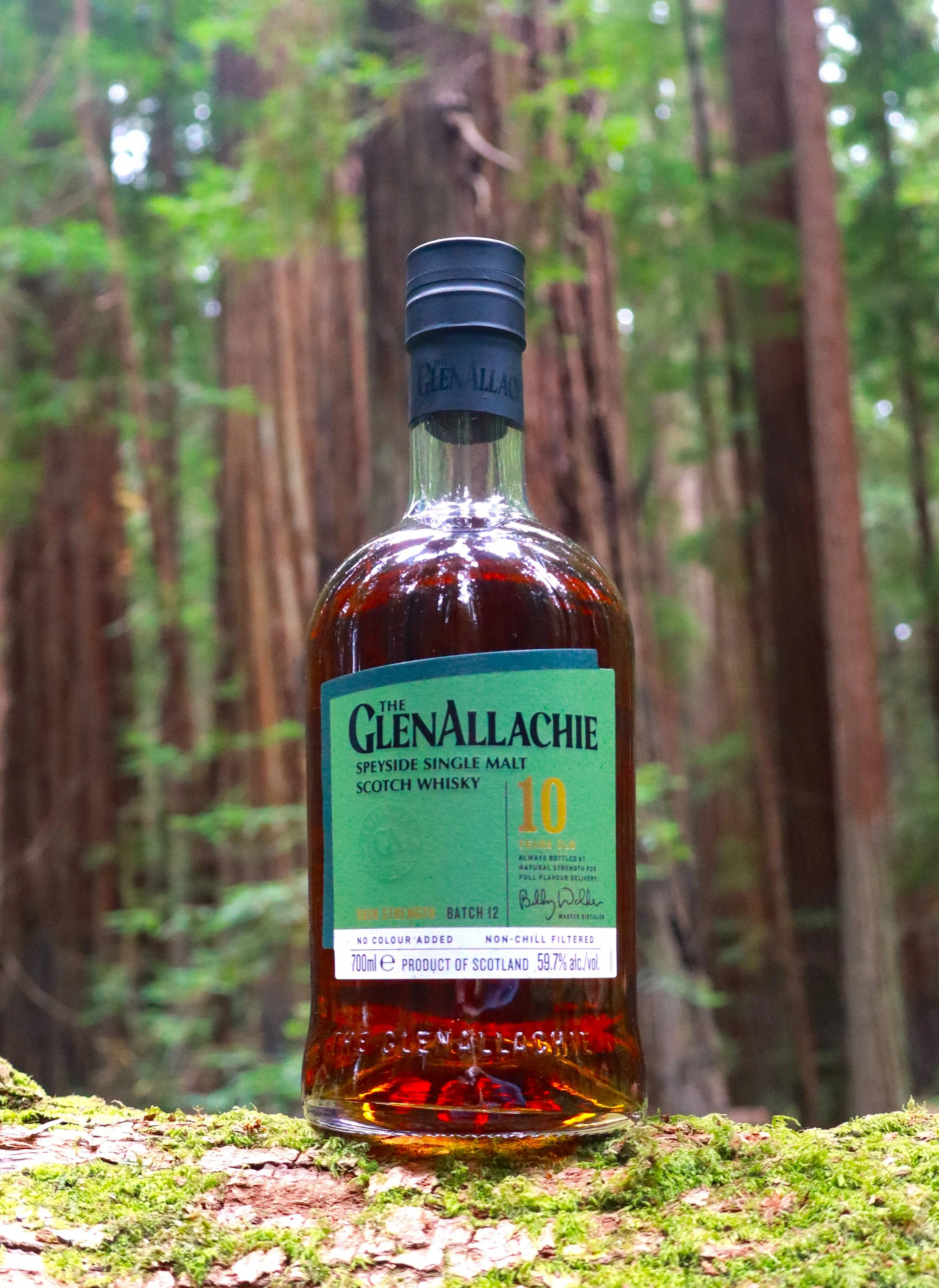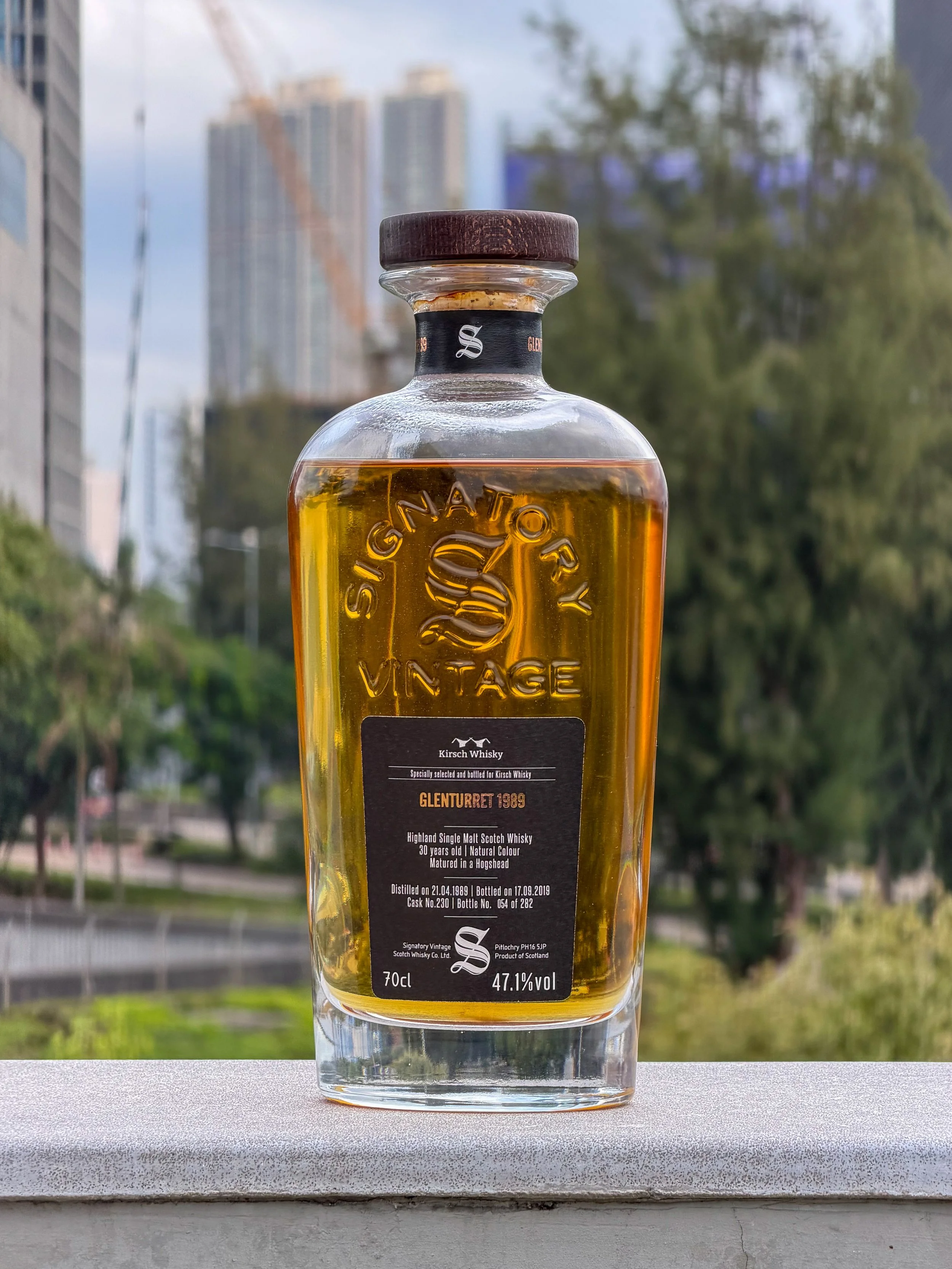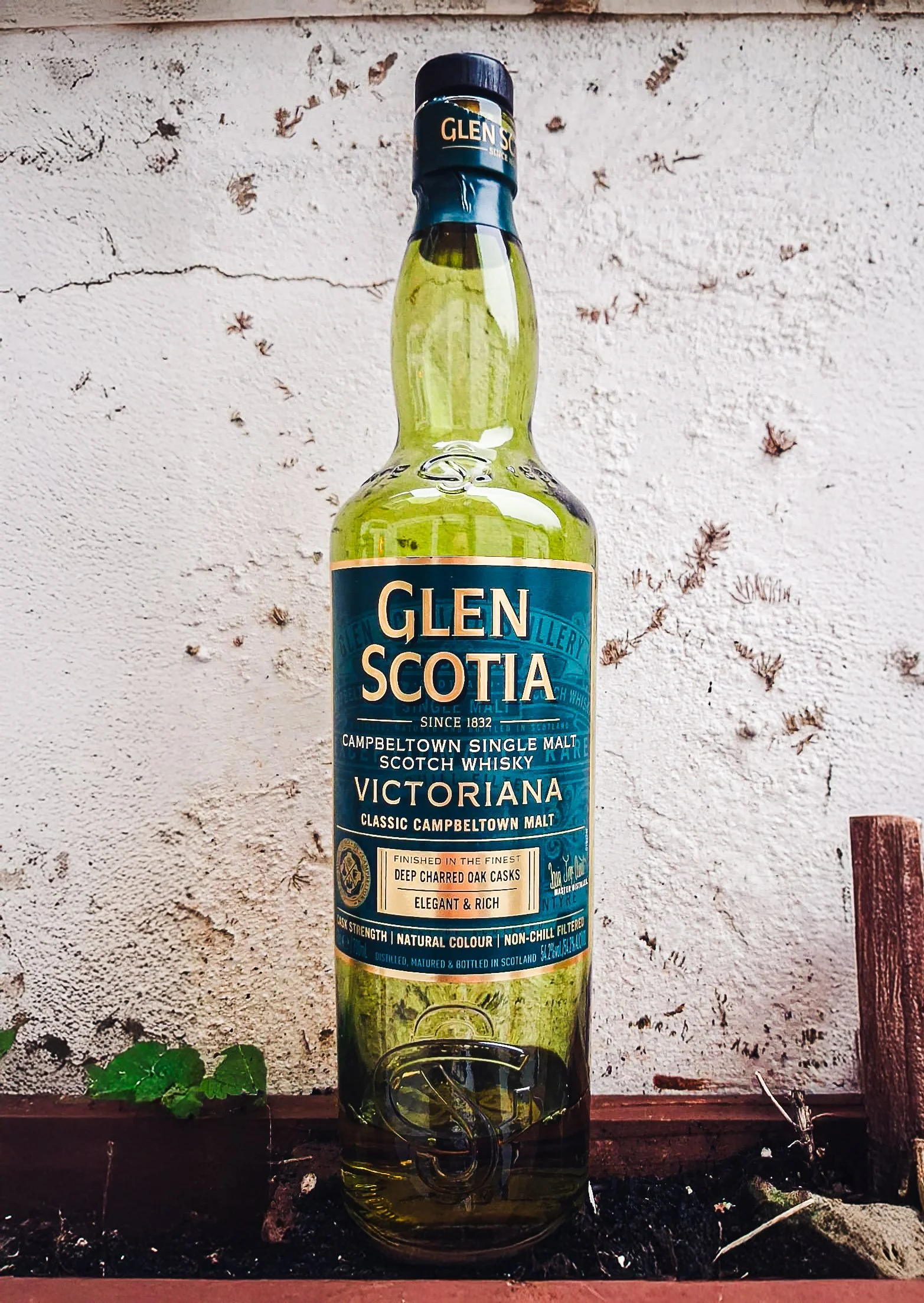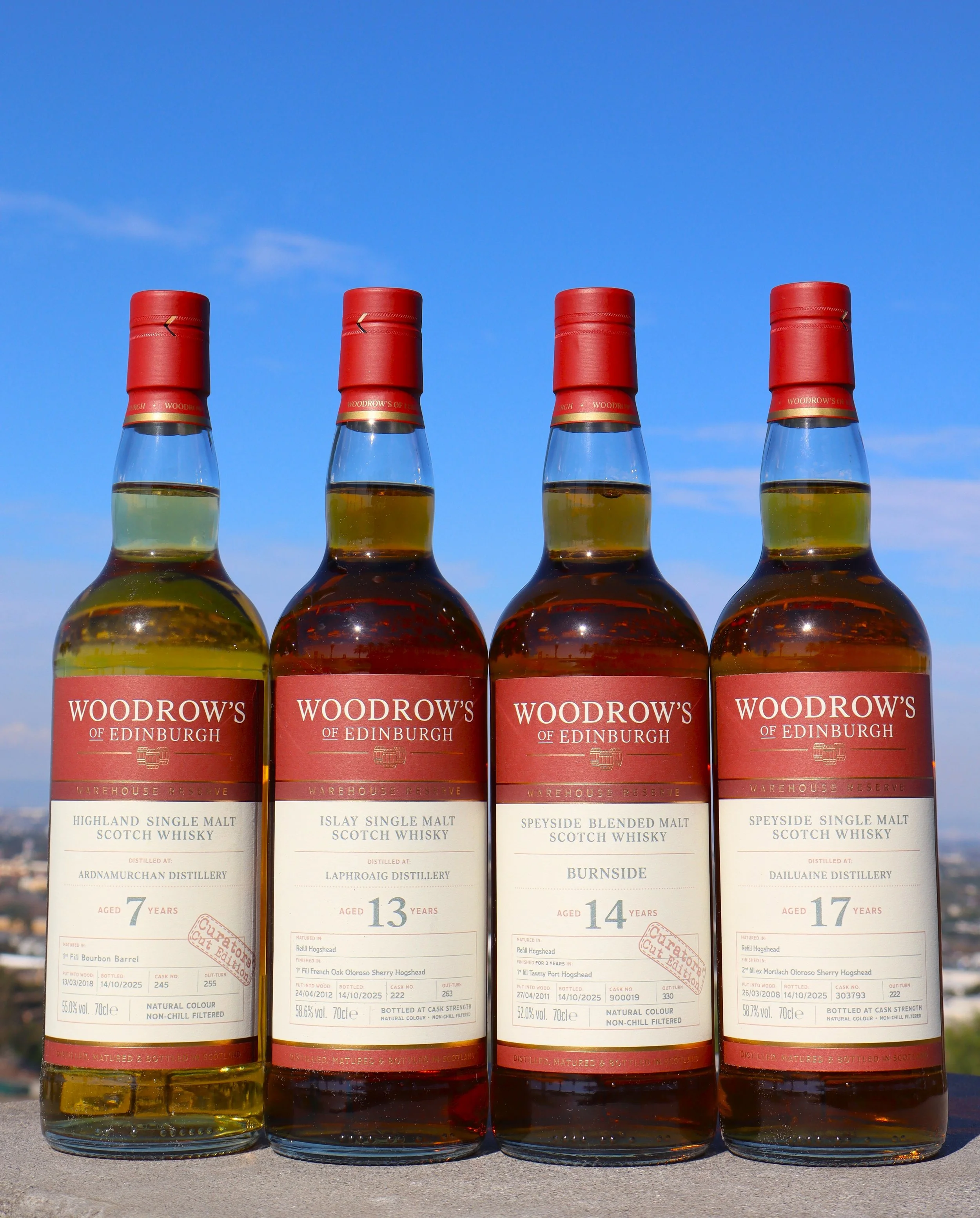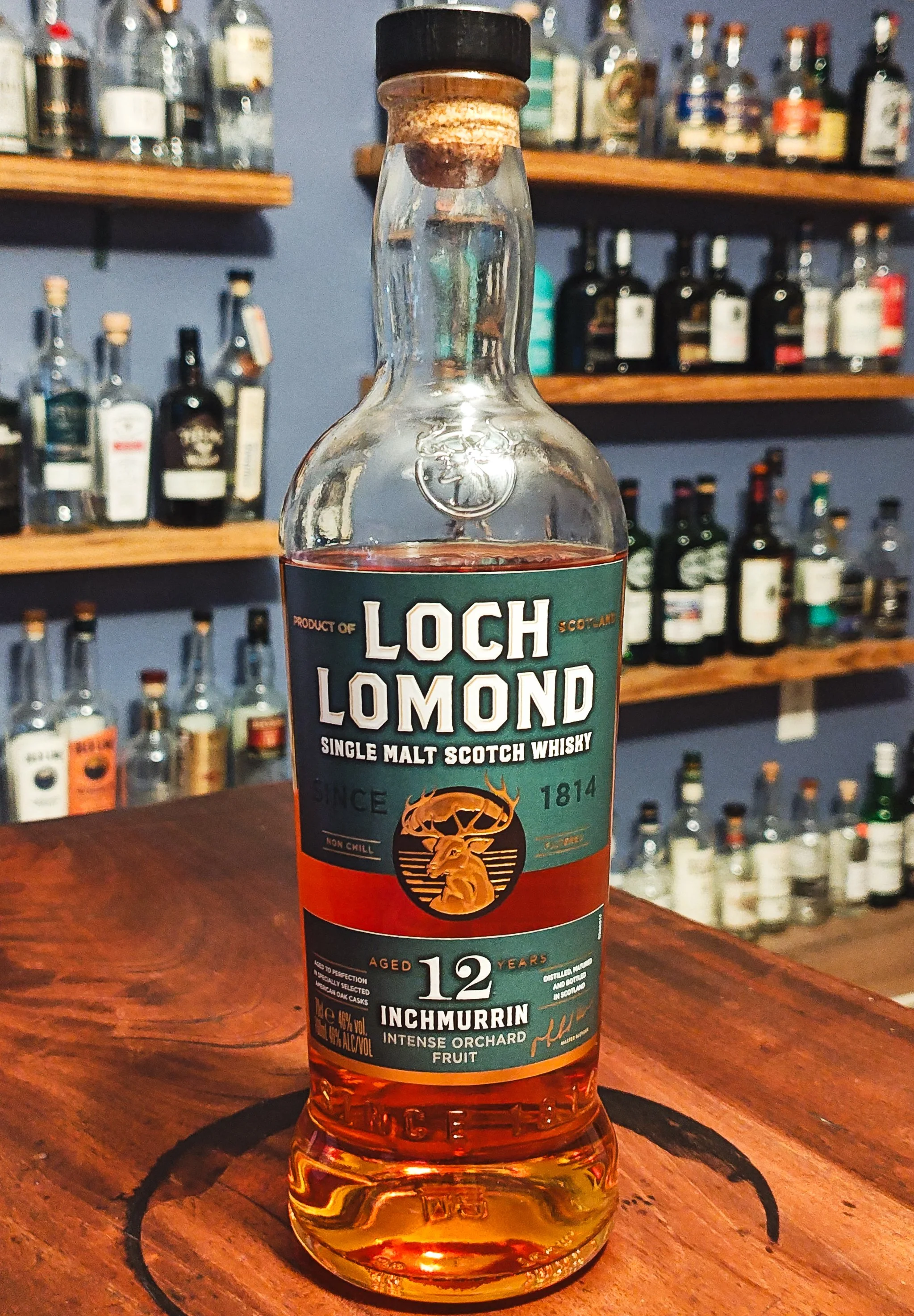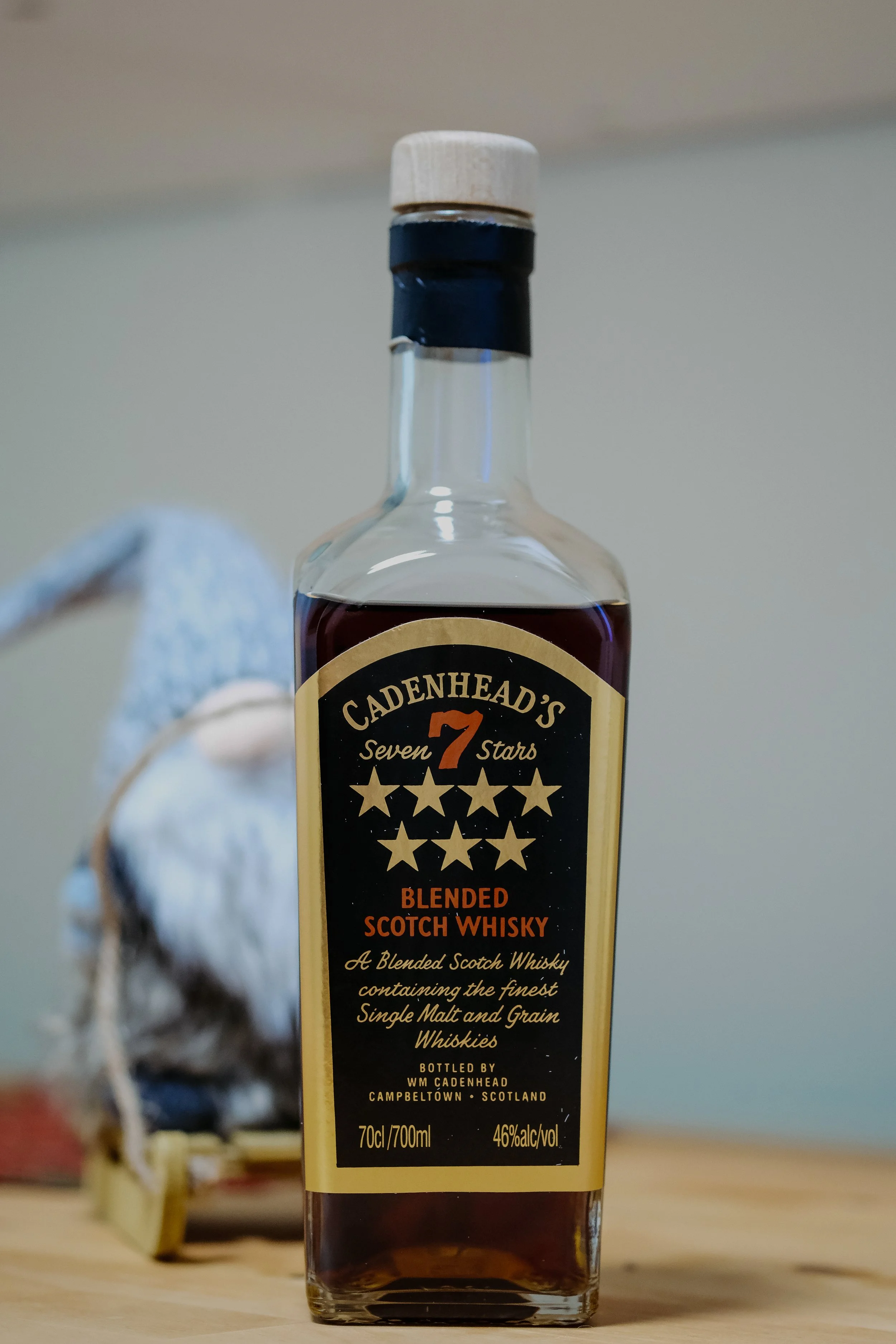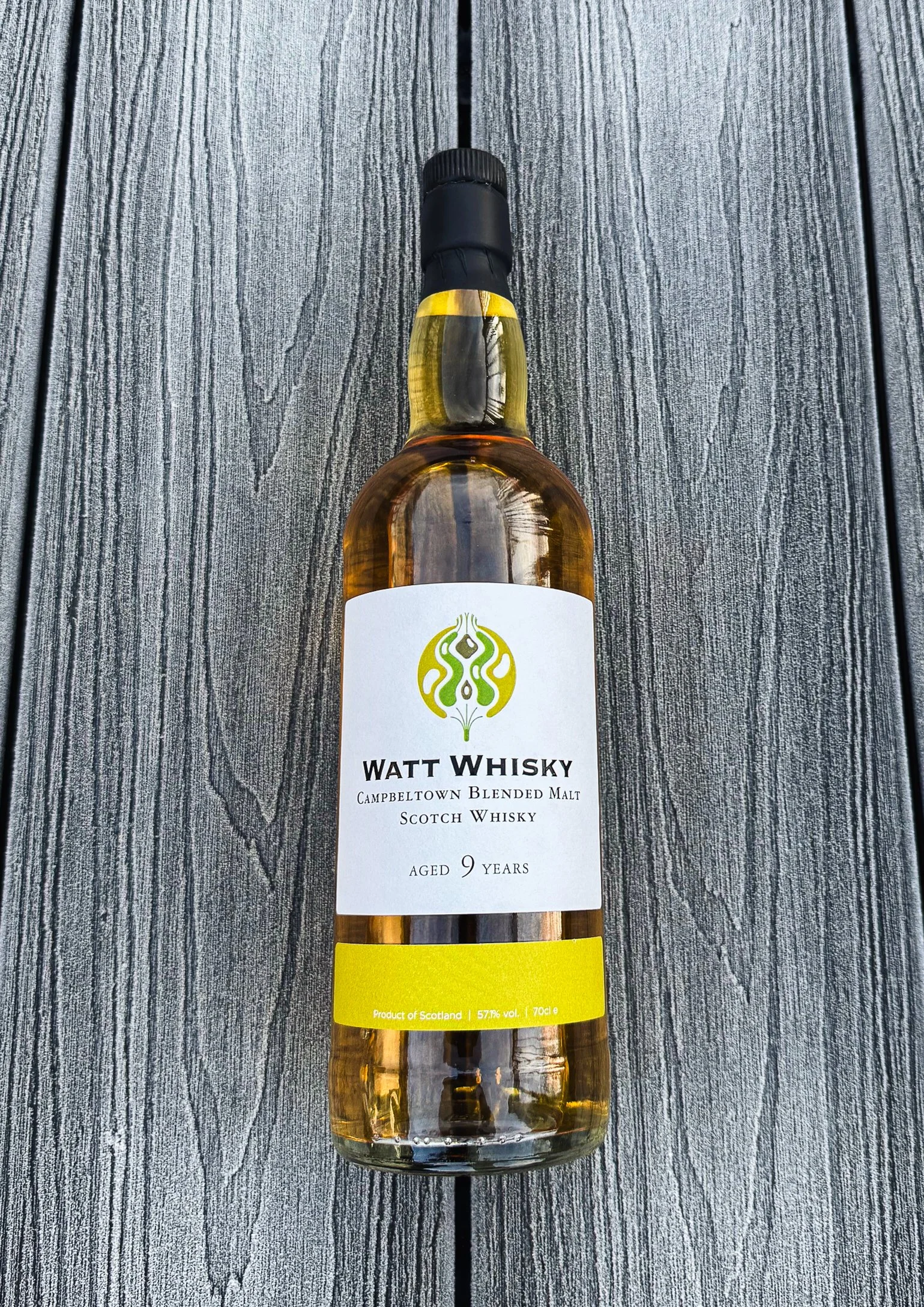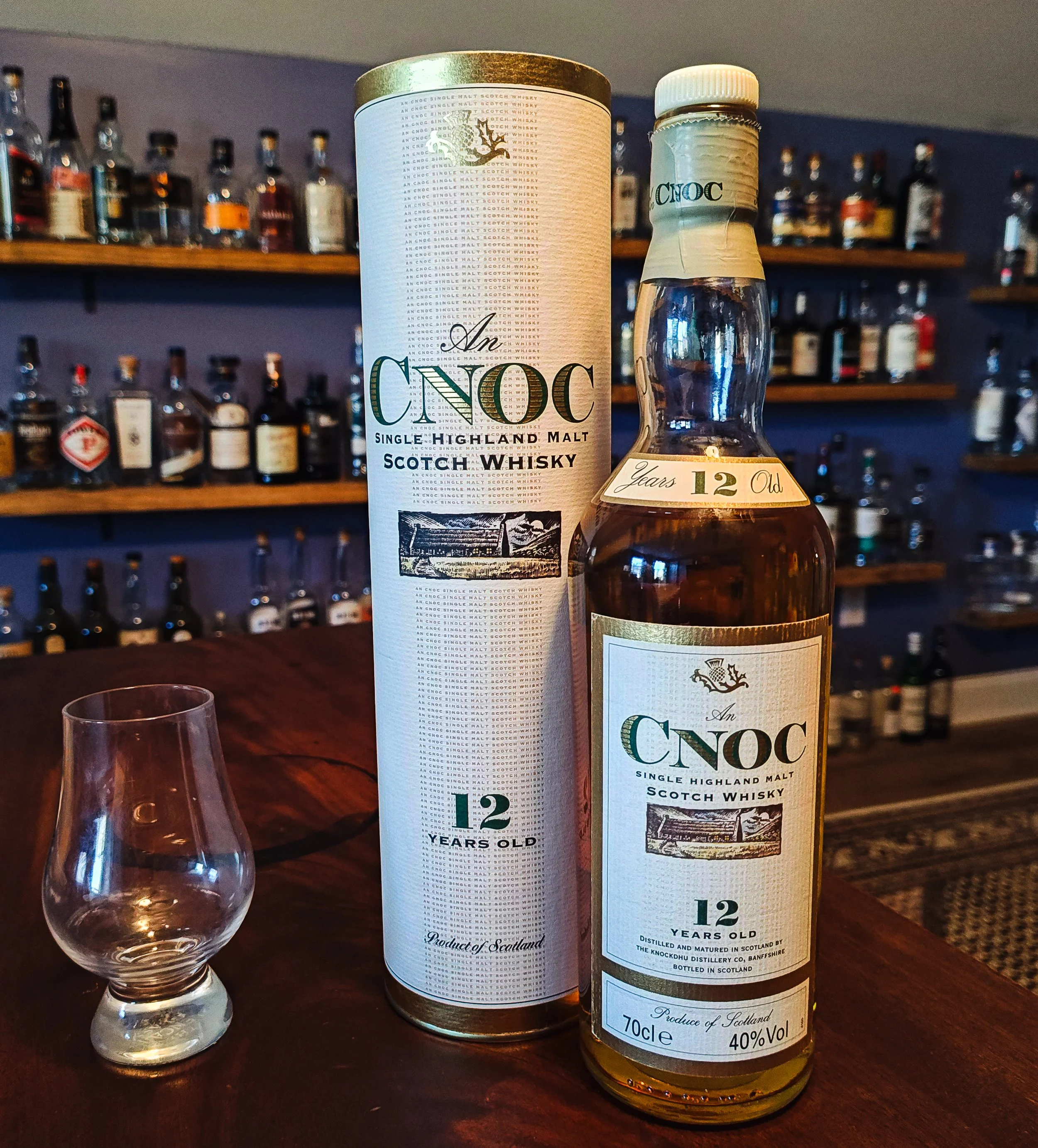Star Hill Farm Inaugural
Maker’s Mark American Whisky | 57.4% ABV
Score: 5/10
Average. In a Good Way.
TL;DR
Perhaps worth having, but a stretch to consider it ‘good value’
The Value Gamble
When we talk about whisky, one theme that we keep coming back to is value, specifically whether or not the whisky rewards us for the money we forked out for it.
In my line of work, we talk about value all the time. To me, it’s something more quantifiable than for the average person.
Imagine this: you walk into a casino and head to the roulette table, if you place a wager of say $10 on red, there’s a 50% chance of the ball landing on red, and 50% that it lands on black, if you placed this wager 1000 times, in the long run your wins and losses should even out, and you should be able to walk away with roughly the same amount of money you walked in with. However, you would have spotted a glaring error in my reasoning - there is a 0, and sometimes even a 00 - so the probability of the ball landing on red is actually less than 50%, same goes for black, while your winnings are paid assuming your chances are 50%. Which means you are getting short changed, your wins, in the long run, will not cover your losses. In other words, your bet is of negative value.
Since this is a zero-sum game, the casino gets a positive value every time you place a bet. When it comes to casino games, the house always has an edge. It’s black and white - or black and red in this case.
On a daily basis, when we talk about value, it’s not so black and white. Let’s say we walk into a cafe in central London for breakfast, and on the menu it says a full English breakfast costs £5; we would probably say that it’s great value, because from our experience, a full English breakfast usually costs a fair bit more than that. Especially if that breakfast turns out to be good, we’d be patting ourselves on the way out and say, “that was great value”. Even if we’re never going to see that £5 again, we’d consider it money well spent, we certainly wouldn’t be saying the same for the casino scenario if we didn’t see our money back.
Let me give you another example. Imagine a friend and I are both looking at buying an apartment, and we found two almost identical apartments, both with the same asking price. While my friend is complaining about how expensive it is, I’m delighted to find such a bargain, why? We live in different cities, with different costs of living and different property markets. The apartment might be considered expensive in his market, but it could be considered a bargain in mine. This deal has no value for him, but it has tremendous value for me.
And so, the other day I found an American whiskey, the bottle of today’s review. It was on the shelves in Hong Kong and was one that I’ve never seen before, so I immediately texted a Dramface colleague in the US, trying to find out more about it. During the conversation, I found another bottle on the shelf, similar to one that he’s reviewed on these pages, and I asked whether it’s worth paying for. He said that he would never buy the bottle at that price, he only had that bottle in his possession because he received it as a gift from his buddy.
Naturally I assumed that it was a very expensive bottle of whiskey and somehow I’d found a bargain over here. But upon exchanging information about prices, it’s obvious that is not the case and we would be paying roughly the same. Even though he had nothing but praise for it, he insisted he would not be paying to buy a bottle of it.
After further discussion, this colleague said it’s very rare that he would pay over a certain price for a bottle of whisky, and it seemed a very low number, which triggered some confusion for me. I respect this Dramface colleague immensely, so for him to say he wouldn’t spend over that amount, I question myself, because I probably wouldn’t blink an eye spending the same amount on a bottle.
I realise one important thing - the perception of value is all relative. Let’s try to apply this to whisky.
Firstly, it depends on the market that we buy whisky in. Living out here in Hong Kong; having access to whisky depends a lot more on the global supply chain compared to a place that is closer to the source of production: there are costs associated with distribution and that eventually passes on to the customer. If you look closely at the prices that I pay for my whiskies, it’s generally higher than those paid by my fellow writers based in Europe.
Then, there’s the psychological effect of price anchoring, and the timing of when someone starts seriously buying whiskies has a direct effect on this, especially for those who haven’t been into the hobby for long enough to witness a full cycle of the waxing and waning of whisky prices. My whisky beginnings coincided with the COVID boom of whisky prices, which means the concept of “how much an average bottle of whisky should cost” is inevitably higher in my head.
To give an example, I have a bottle of Springbank 15 on the go, which I bought at the height of the whisky boom, and it set me back the equivalent of $260. Scouring my local retailers today for a bottle of Springbank 15, I can easily get it south of $150. While I acknowledge that I got a bit carried away by paying $260, $150 for a Springbank 15 feels like a steal, I think that’s great value. If you have been into whisky long before Springbank was as sought after as now, you would probably be rolling your eyes at me, maybe the same bottle should cost at most half as what it is in the retail market currently.
Probably and most importantly, a factor that is personal to every individual is disposable income. Looking back at my 36 years of life, financially I think I had it easiest when I was around 27, having progressed to a decent level in my professional career, with minimal financial responsibilities since I was a single man still living with my parents. I had the freedom to spend almost every dollar on things that I want, my post-tax income was my disposable income so to speak: how many of us would wish to be able to say that?
Fast forward nine years, I’m a married man with a mortgage on my back, with monthly bills to pay, and financially I’m not quite on cloud nine anymore, I have to be much more prudent about how I manage my finances now. While I wasn’t really buying whisky when I was 27, so there isn’t a comparison to be made from my experience, it goes to show that the value of things changes as one moves through life as well.
OK, so I bought the bottle in question; was it good value?
Review
Star Hill Farm Inaugural Release, American Whisky, Made at Maker’s Mark, 51% soft red wheat, 27% soft red malted wheat, 22% malted barley, 57.4% ABV
£113 equivalent paid
Recently I have made a decision that grants me a bit more disposable income, at least in the short term. This means I have a bit more money to spend on whisky, so I’ve decided to take a punt on this one. I’ve always tried to venture deeper into American whiskeys, most of which are bourbons, with one or two ryes and single malts, but I’ve never had a wheat whiskey - this would be my first.
So with that said, I’m diving into this with an open mind. Let’s see what a drinker with a Scotch-centric palate would think of this American wheat whiskey.
Star Hill Farm is a new brand and new direction from Maker’s Mark; in fact it’s first wheat whisky. It is part of a regenerative crop rotation directive with agricultural sustainability at its core. The name comes from the ranch upon which the distillery itself is built.
Score: 5/10
Average. In a Good Way.
TL;DR
Perhaps worth having, but a stretch to consider it ‘good value’
Nose
Light and sweet, strong notes of caramel, sugar-coated ginger, a bit of butterscotch, mint leaves and cherries in the background.
Palate
A lot spicier than the nose would suggest. I’m getting dominant cinnamon and pepper notes, along with toasted salted caramel. There’s also a very sweet vanilla note, but the sweetness is a light one compared to the sweetness I generally find in bourbon. The finish is relatively short, especially for this ABV, and slightly tannic. Surprisingly, at this ABV, the whisky doesn’t take water well, a dash of water and the flavour structure collapses.
The Dregs
After the first sip of this whisky, I immediately laid three other bottles out for comparison: Baker’s 7, Rittenhouse Rye Bottled-in-Bond, and Benromach Contrasts Kiln Dried Oak. The purpose is obvious; I wanted to compare this wheat whisky to a bourbon, rye, and a malt whisky with virgin oak influence.
The Benromach stood out like a naked man with his hair on fire; partly because it’s lightly peated, and partly because the new oak influence is considerably less pronounced.
The Baker was also markedly different, primarily due to a prominent nuttiness that provides a robust flavour experience. It was surprising to me how similar the Rittenhouse was to the Star Hill Farm, perhaps due to the spices, in contrast I tasted a menthol note that I never noticed was there before, but it’s definitely less sweet compared to the Star Hill.
I really enjoyed the first few drams of the bottle, but as the novelty of the experience wore off, I grew a bit bored.
Now that I’ve bought this, I’m happy to have this on my shelf and I will no doubt be reaching for this from time to time. But, while there are interesting flavours and sensations, ultimately it’s not my favourite style of whisky, or spirit, and at £113 I definitely wouldn’t consider this good value.
On this occasion, while it’s close, the house won.
Score: 5/10
Tried this? Share your thoughts in the comments below. MMc
-
Dramface is free.
Its fierce independence and community-focused content is funded by that same community. We don’t do ads, sponsorships or paid-for content. If you like what we do you can support us by becoming a Dramface member for the price of a magazine.
However, if you’ve found a particular article valuable, you also have the option to make a direct donation to the writer, here: buy me a dram - you’d make their day. Thank you.
For more on Dramface and our funding read our about page here.
Other opinions on this:
Got a link to a reliable review? Tell us.

